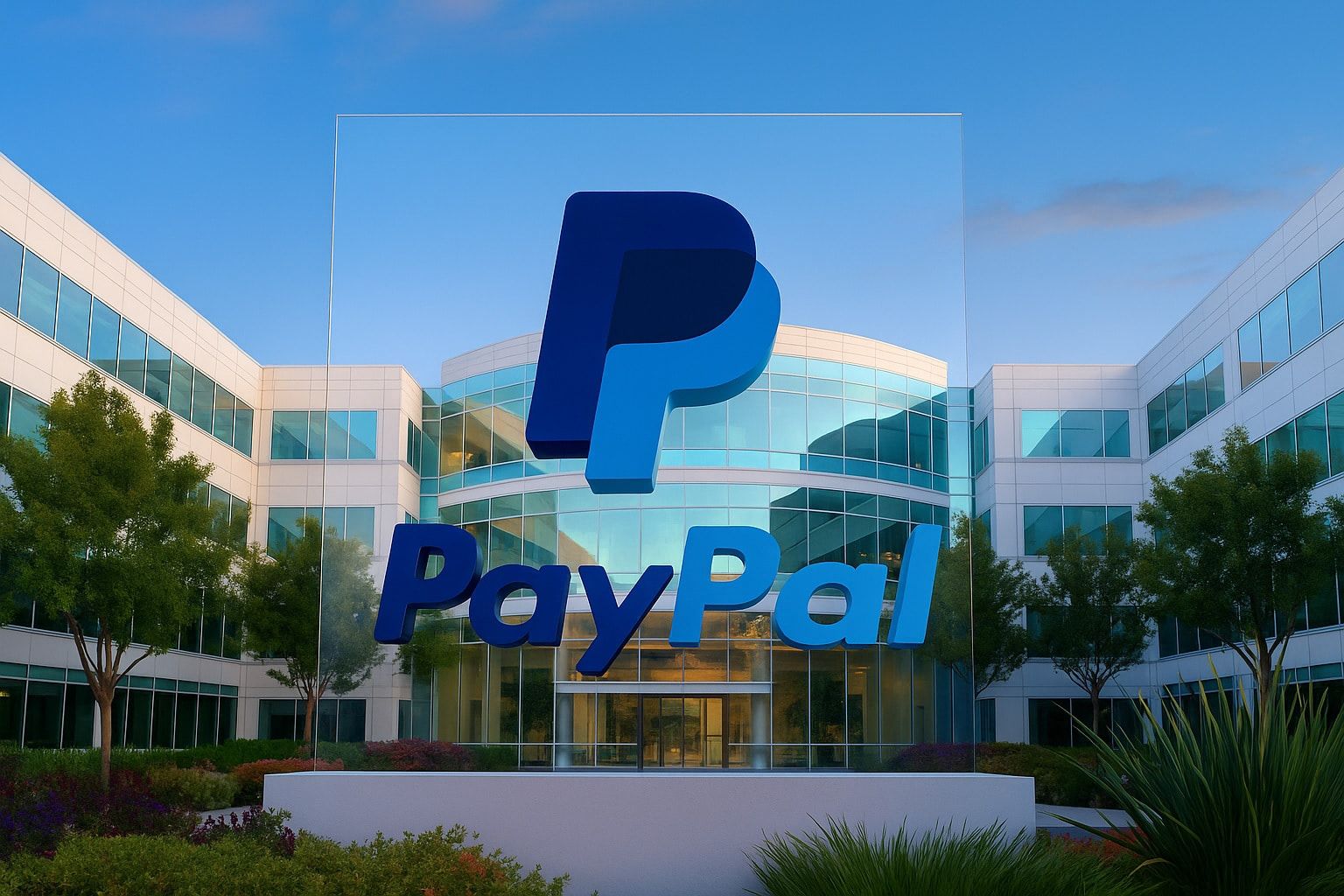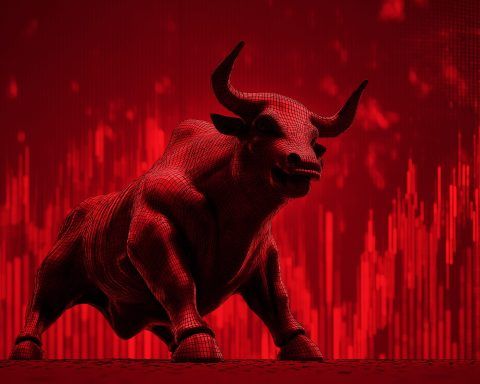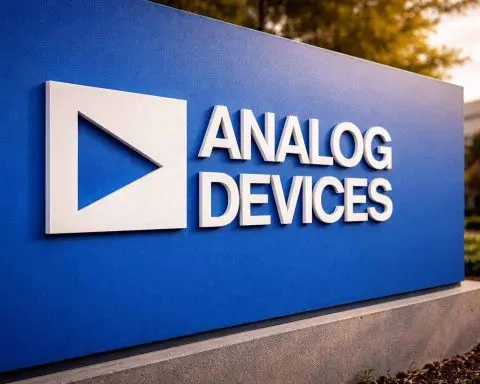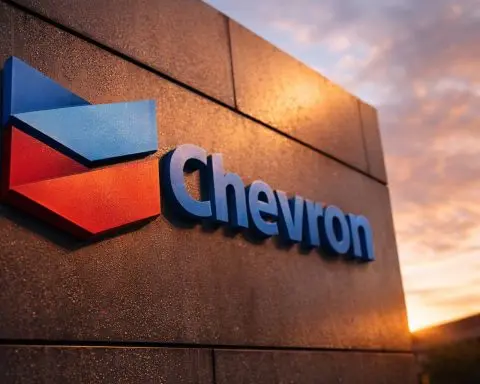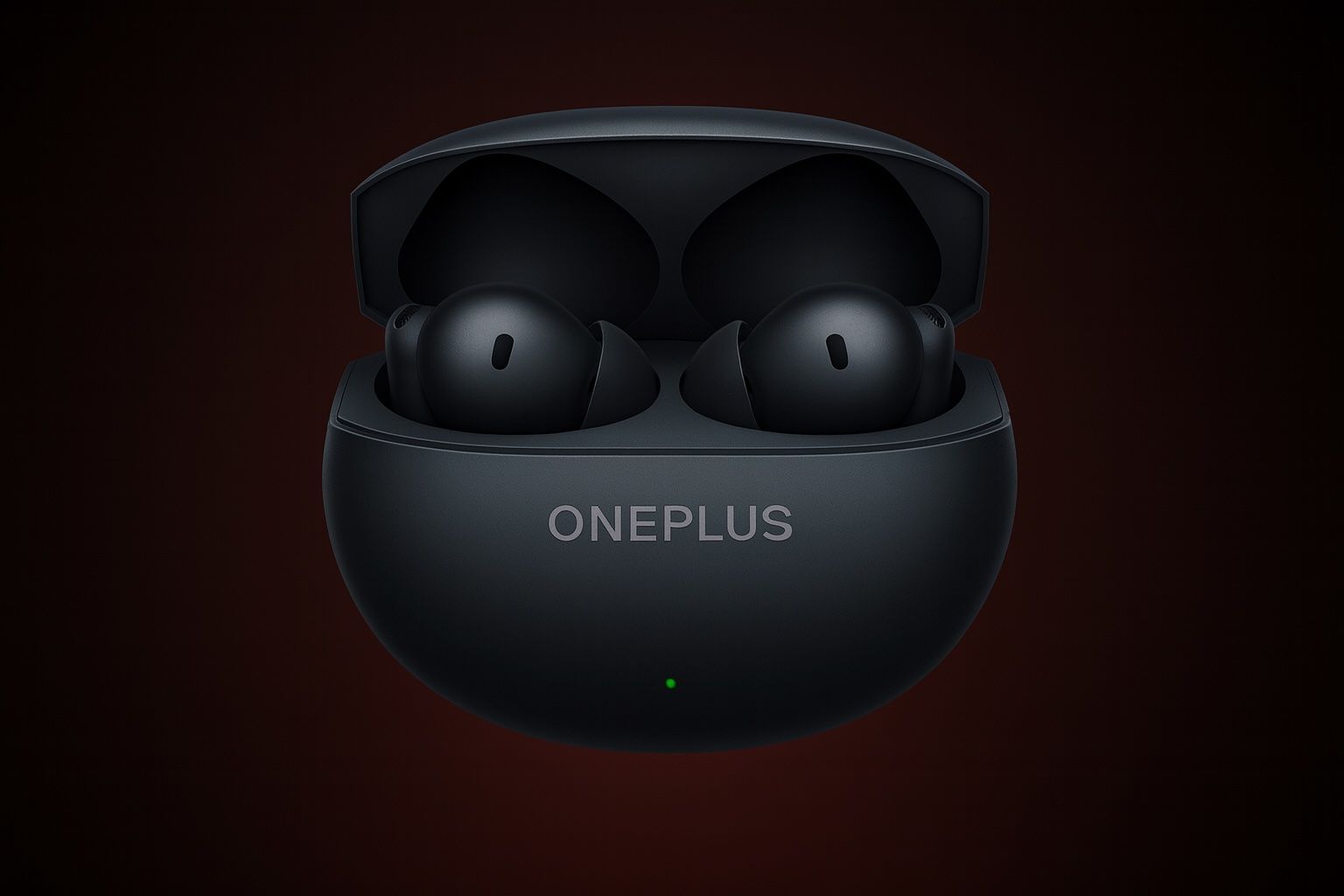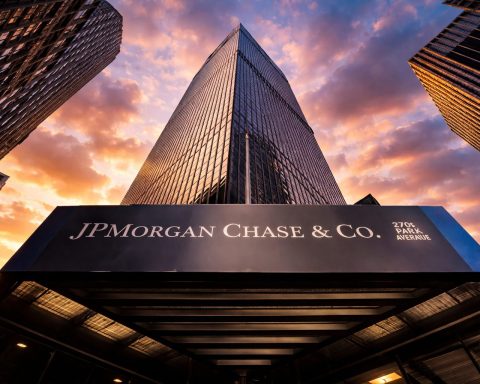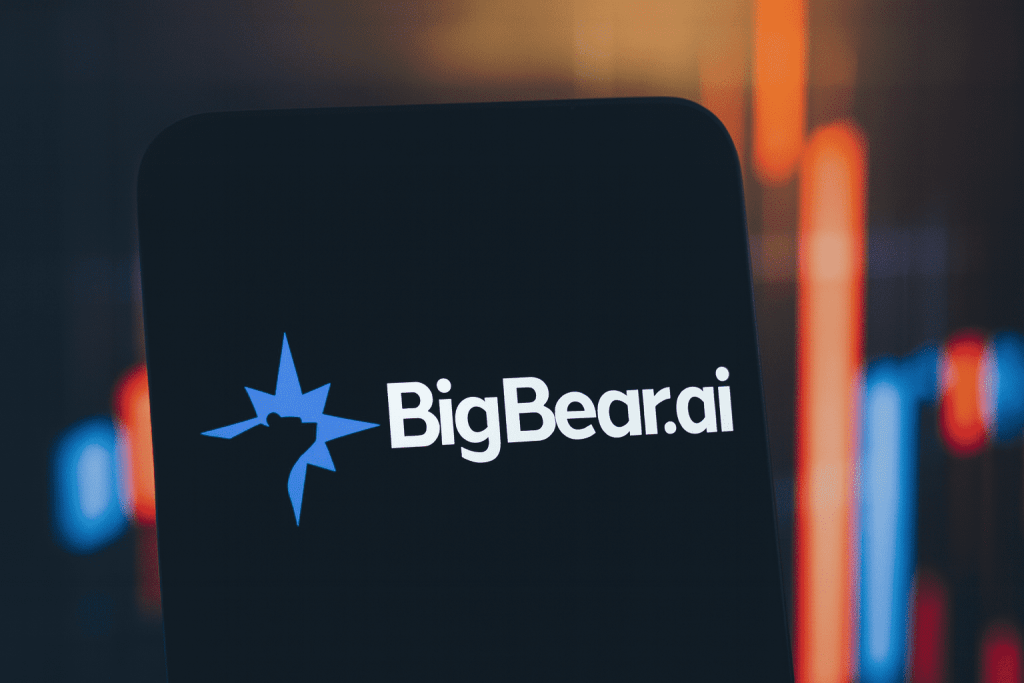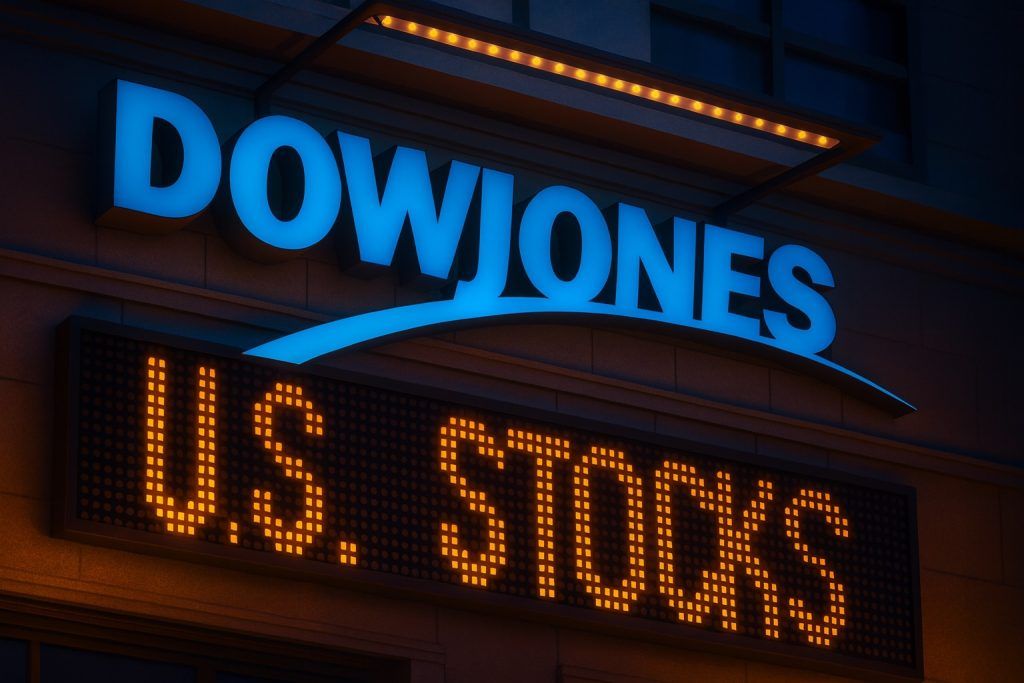PayPal Holdings Inc. (NASDAQ: PYPL) is back in the spotlight today as its share price hovers just above recent lows while headlines swing between “plunge to new depths” and “poised for a rally.” On November 21, 2025, the story around PayPal stock is being driven by three big themes: fresh sports and BNPL partnerships, heavy institutional positioning, and ongoing insider selling.
Key takeaways for PYPL on November 21, 2025
- Share price: Around $59 per share in Friday trading, up roughly 1–2% intraday but still only a few dollars above its 52‑week low of $55.85 and far below the 52‑week high near $93.66. MarketBeat
- Year-to-date performance: PayPal is down over 30% in 2025, even after posting solid Q3 results and raising full‑year guidance. Trefis+1
- New sports partnership: A global, multi‑year deal makes PayPal the official digital payments partner of Liverpool FC and introduces a PayPal+ loyalty program for fans. Ministry of Sport+1
- BNPL and balance sheet: PayPal has renewed and expanded its European “Pay Later” receivables deal with KKR, allowing the private-equity firm to buy up to €65 billion of BNPL loans through 2028. PayPal Newsroom+1
- Flows and sentiment today:
- Institutions are adding – new and increased stakes from firms like Brandywine Global and Catalyst Funds Management. MarketBeat+1
- Insiders are selling – PayPal’s President, Global Markets Suzan Kereere sold 4,162 shares on November 19, her third sale in recent weeks. insidertrades.com+1
- Analysts and commentators are split between undervaluation stories and “stock in shambles” narratives. Trefis+2Trefis+2
PayPal stock price today: a fragile bounce after a brutal slide
After a sharp post‑earnings sell‑off, PayPal shares have spent November under heavy pressure. A series of notes from Trefis and other outlets describe a seven‑day losing streak that left the stock down about 14% in just over a week, contributing to a year‑to‑date drop of more than 30%. Trefis+1
On Thursday, MarketBeat data show PYPL fell another 3.3% to around $58.11, trading well below its 50‑day (~$68)and 200‑day (~$70) moving averages. MarketBeat
Today, November 21:
- InsiderTrades reports PayPal “trading up 1.5%” around $58.98 during Friday’s session. insidertrades.com
- Real‑time market data put the stock closer to $59.32, up roughly 2% intraday, with a market cap around $64 billion and a price‑to‑earnings multiple near 13x.
Taken together, PYPL is trying to bounce, but it is still priced like a turnaround story rather than a growth leader: near its 52‑week low of $55.85, and far from the year’s $93.66 high. MarketBeat
Fresh headlines on November 21, 2025
1. Institutions buying the dip: Brandywine & Catalyst increase stakes
Two new 13F‑based headlines today point to major institutional investors adding to PayPal:
- Brandywine Global Investment Management boosted its PYPL stake by 19.9% in Q2, to about 1.82 million shares worth roughly $135 million, making PayPal its 21st-largest holding and about 1% of its portfolio. MarketBeat
- Catalyst Funds Management Pty Ltd disclosed a new position of 10,400 shares, valued at about $773,000, in its latest filing. MarketBeat
Both MarketBeat pieces also highlight that around 68% of PayPal’s float is held by hedge funds and other institutions, underlining how much of the stock is in professional hands. MarketBeat+1
This matters because heavy institutional ownership can amplify both sell‑offs and rebounds: when sentiment turns, moves tend to be sharp.
2. But insiders keep selling: Suzan Kereere trims her position again
While institutions are stepping in, headline insider activity today cuts the other way.
An article from InsiderTrades details that Suzan Kereere, President, Global Markets, sold 4,162 shares on November 19 at an average price of $59.84, a roughly $249,000 transaction that reduced her stake by about 11.8%, leaving her with 30,983 shares (~$1.85 million). insidertrades.com
The same piece notes a pattern of recent sales:
- 12,500 shares sold on November 3 at roughly $68.87
- 5,000 shares sold on October 30 at about $69.52
In total, that’s around $1.46 million of stock sold in just a few weeks by the same executive. insidertrades.com+1
While insider selling doesn’t always signal trouble — executives often diversify or exercise options — today’s negative coverage, such as NewsCase’s “PayPal Shares Plunge to New Depths”, explicitly links these sales to investor anxiety about management’s confidence in a near‑term rebound. NewsCase
3. Liverpool FC partnership and PayPal+: a big brand swing in Europe
A very different kind of headline today focuses on brand expansion and fan engagement rather than earnings:
- Liverpool FC Confirms Multi‑Year Partnership with PayPal, reported November 21 by Ministry of Sport, builds on an official PayPal newsroom release published on November 19. Ministry of Sport+1
Key details:
- PayPal becomes Liverpool FC’s official digital payments partner under a global, multi‑year agreement. Ministry of Sport+1
- The deal is billed as PayPal’s first‑ever collaboration with a Premier League club, extending its reach across matchday, retail and digital touchpoints. Ministry of Sport+1
- The partnership launches PayPal+, a free, three‑tier loyalty programme (Blue, Gold, Black) for Liverpool supporters. Fans earn points on purchases made with PayPal — from kits to pints at Anfield — with higher tiers offering up to 50% more reward value at checkout, plus exclusive club perks. Ministry of Sport
- The deal leans on PayPal’s 400+ million active accounts across about 200 markets, positioning the wallet as the “smarter way to pay” for football fans globally. Ministry of Sport+1
Separate commentary, including coverage flagged via Yahoo Finance and Forbes, frames the partnership as an attempt to “own the fan checkout” — using embedded PayPal as the default way to pay in the Liverpool ecosystem and harvesting data on fan spend across channels. Forbes+1
For investors, the Liverpool FC deal matters less as a one‑off revenue driver and more as proof of concept: PayPal wants to turn live sport into a high‑engagement funnel for its wallet, loyalty and future “agentic commerce” tools.
4. BNPL, KKR and PayPal’s balance sheet strategy
Today’s negative commentary about PayPal’s stock slide repeatedly references the company’s restructuring of its Buy Now, Pay Later (BNPL) business.
- A November 17 press release confirms that PayPal and KKR have renewed and expanded their agreement on European Pay Later receivables, allowing KKR to purchase up to €65 billion of eligible BNPL loans originated in Europe through March 2028. PayPal Newsroom+1
- Coverage like “PayPal Shares Plunge to New Depths” interprets this as a massive asset sale (often rounded to around $70–75 billion in potential receivables) that helps PayPal free up capital and offload credit risk, but also signals a pullback from holding consumer debt directly. NewsCase
At the same time, PayPal is still leaning into BNPL as a product:
- On November 10, the company introduced a no‑fee “Pay in 4” BNPL offering in Canada, letting shoppers split eligible purchases into four interest‑free payments over six weeks. A survey cited in the release suggests 60% of non‑BNPL users would be more willing to try BNPL if fees were removed. PayPal Newsroom
So the BNPL headlines today fit a clear narrative: less balance‑sheet risk, more product reach. PayPal wants the economics and engagement of BNPL without tying up as much capital in loans.
5. Agentic commerce and AI: PayPal’s future growth story
Several of today’s and recent stories argue that the market may be underpricing PayPal’s AI and “agentic commerce” ambitions:
- A SwingTradeBot‑curated headline (pointing to Yahoo Finance coverage) describes a new “agentic shopping” experience where PayPal teams up with Perplexity on an AI‑powered app that lets users shop from 5,000+ merchants through conversational, personalised search. SwingTradeBot
- A Seeking Alpha article titled “PayPal: Market Is Asleep On Agentic Commerce Rebirth” (published earlier this week) builds on the same idea: if PayPal can turn its vast network of merchants and consumers into a transactional layer for AI agents, the upside isn’t reflected in today’s low multiple. Seeking Alpha+1
Put simply, PayPal is trying to evolve from button at checkout to intelligent commerce infrastructure: a platform where AI systems can find, compare and execute purchases using PayPal rails by default.
6. Valuation vs. fear: today’s bullish and bearish takes
On November 21, analysts and commentators are far from agreement on what to do with PYPL.
The bullish “value + margins” camp
In a new piece titled “Is PayPal Stock Poised for a Rally?”, Trefis argues that PayPal is a “good value buy” with reasonable fundamentals: Trefis
- Down about 32% year‑to‑date, now trading at a P/E around 11–12x, well below the S&P 500 median.
- Revenue growth of roughly 4.5% over the last twelve months and 6.7% average over the last three years — modest, but still positive.
- Operating margins around 19% (LTM) and ~18% on a three‑year average, with no major margin shock in the past year.
- Free‑cash‑flow margin near 17%, also ahead of the S&P 500 median.
Trefis highlights that Q3 2025 revenue grew about 7% year‑on‑year to $8.42 billion, while non‑GAAP EPS came in at $1.34 vs $1.20 expected. Management raised full‑year EPS guidance to $5.35–$5.39 and initiated a $0.14 quarterly dividend (about 1% yield), underscoring a shift toward shareholder returns via dividends and buybacks. Investing News Network (INN)+3MarketBeat+3…
Other outlets — including CoinCentral and various stock‑screening sites — list PayPal among “undervalued” large‑cap names, grouping it with companies whose price multiples have compressed despite solid cash generation. CoinCentral+1
The bearish “plunge and insider selling” camp
On the other side, today’s Newscase article “PayPal Shares Plunge to New Depths” is starkly negative: NewsCase
- It describes the stock as in a “severe downturn” with no sign of stabilisation, noting a recent low around €50.42in European trading.
- The piece emphasises top executives selling shares shortly after price drops, arguing this erodes confidence in a near‑term recovery.
- It casts the KKR BNPL deal and Liverpool partnership as defensive moves — helpful for liquidity and brand, but not obviously enough to flip sentiment on their own.
Trefis’s “PayPal Stock In Shambles: Down -14% With 7‑Day Losing Streak” headline, referenced in today’s coverage, doesn’t dispute the fundamentals but underscores how violently the stock can re‑price when sentiment turns. Trefis+1
Motley Fool’s “Breakfast News” column likewise lists PayPal as a post‑earnings laggard, reinforcing the idea that the market is still digesting guidance, competitive pressures and management’s strategic reset. The Motley Fool+1
How today fits into the bigger PayPal story
Putting all of today’s news together, PayPal’s situation looks like a tug‑of‑war between fundamentals and sentiment:
- Fundamentals:
- Double‑digit EPS growth, robust margins and strong free cash flow. Trefis+1
- A clearer capital‑light BNPL model through its KKR receivables deal. PayPal Newsroom+1
- New levers for engagement and monetisation in sports (Liverpool FC), BNPL (Canada) and AI commerce (Perplexity partnership). Ministry of Sport+2PayPal Newsroom+2
- Sentiment and risk:
- A stock that has lost over 80% at peak drawdown since its all‑time highs, and more than 30% just this year, with technicals still weak. Trefis+1
- Insider selling that, fairly or not, is being interpreted as a vote of little confidence in a quick turnaround. insidertrades.com+1
- Intense competition across digital wallets, card networks, BNPL providers and neobanks, all fighting for the same transaction margin. Ad Hoc News+1
For long‑term investors, today’s action is less about the small bounce and more about whether the current valuation properly reflects these cross‑currents. Bulls argue that a high‑margin, cash‑generative franchise trading near 11–13x earnings with new growth initiatives is mispriced; bears worry that structural competition and execution risk mean PayPal deserves a deep discount.
What to watch next for PYPL
If you’re following PayPal stock after today’s headlines, some key catalysts and datapoints to monitor include:
- Share price vs. support levels
- Does PYPL hold above the mid‑$50s and build a base, or revisit/undercut recent lows? MarketBeat+1
- Adoption of PayPal+ and Liverpool integration
- Metrics around fan sign‑ups, in‑stadium payment share and e‑commerce penetration could show whether the Liverpool FC deal is more than just branding. Ministry of Sport+1
- BNPL volumes and margins
- As KKR absorbs more receivables, watch BNPL transaction volumes, default trends and margin contribution in upcoming quarters. PayPal Newsroom+1
- Agentic commerce experiments
- Early data from the Perplexity/agentic shopping pilot — number of merchants, repeat usage, and average order value — will help quantify whether AI‑driven shopping is a real differentiator or just hype. SwingTradeBot+1
- Further insider & institutional moves
- Additional insider sales or new institutional 13F disclosures could either reinforce the current narrative or signal a turn in conviction. insidertrades.com+2MarketBeat+2
Final note
This article is for information and news purposes only and does not constitute investment advice or a recommendation to buy or sell any security. Always do your own research or consult a licensed financial adviser before making investment decisions.
